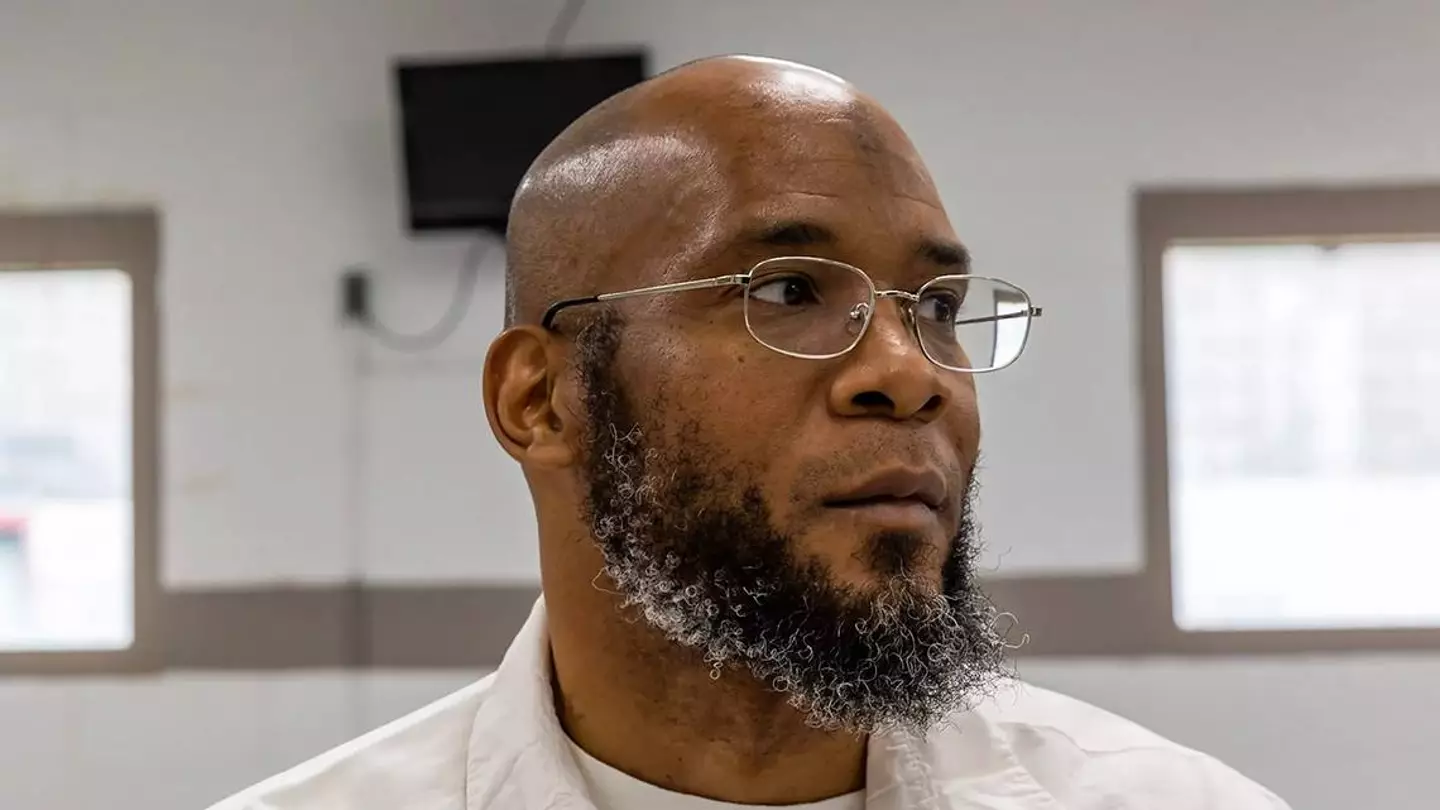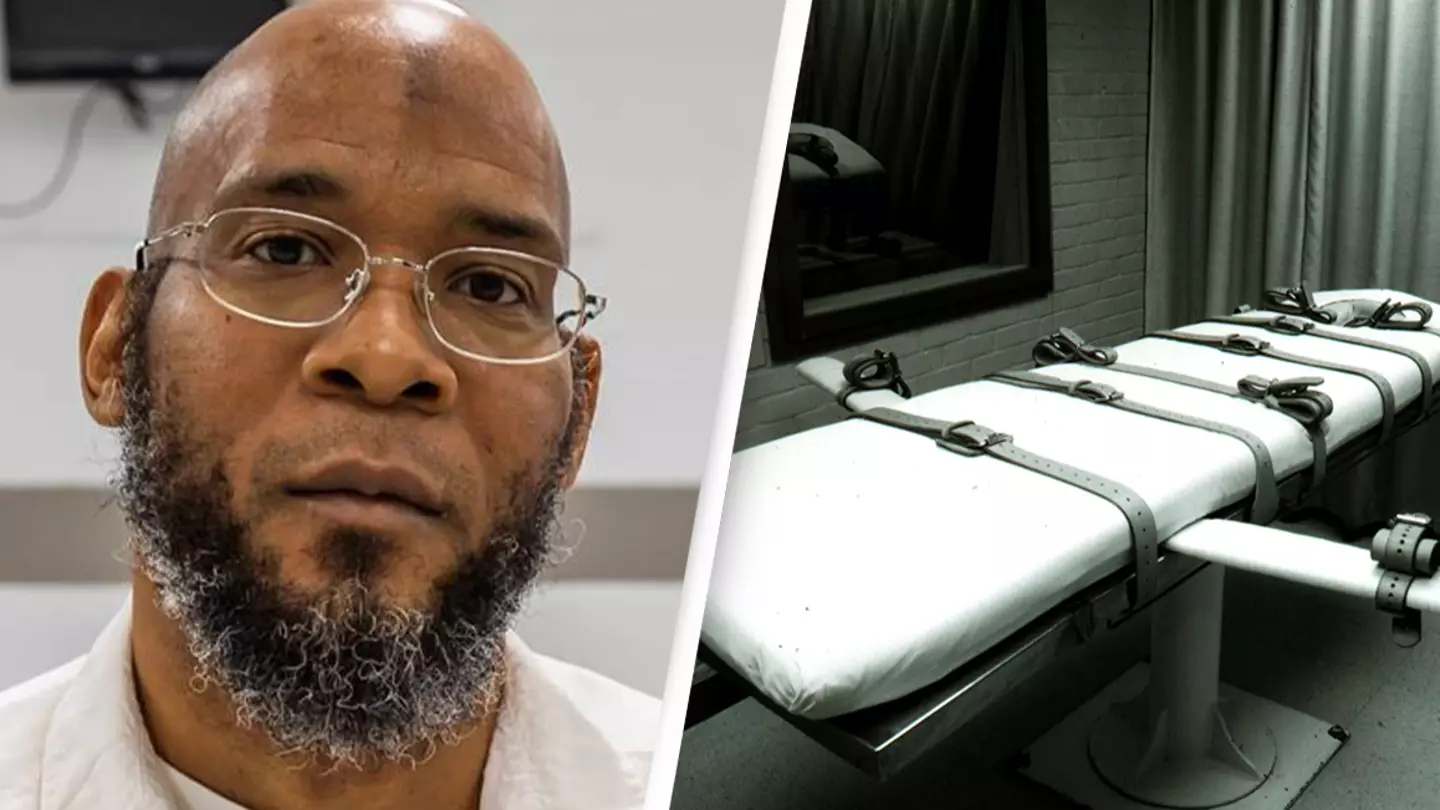In a controversial case in Missouri, Marcellus Williams faces the death penalty despite assertions from prosecutors that he is innocent of the crimes for which he has been condemned.
Williams, who was convicted in 1998 for the murder of social worker Lisha Gayle, is scheduled for execution even though he has always claimed his innocence. Gayle was tragically stabbed 43 times after emerging from her bathroom, an attack Williams was accused of committing after allegedly breaking into her home.
Over the years, Williams, now 55, has seen his execution halted twice to allow further examination of new evidence, including DNA tests conducted on the murder weapon. These tests have ultimately indicated his non-involvement in the crime.

Despite the exculpatory DNA evidence, Missouri’s Republican governor, Mike Parson, has decided against lifting Williams’ death sentence, scheduling the execution for September 24, 2024, at 6pm. This move has sparked significant outcry as it may lead to the execution of a man for a crime he did not commit.
Previously, Governor Parson had reinstated the execution timeline, expressing concerns about the prolonged uncertainty for the victim’s family, despite substantial evidence suggesting Williams’ innocence.
No physical evidence was presented during Williams’ trial that directly linked him to the murder. Yet, Governor Parson has dismissed a 2024 report from St. Louis County Prosecuting Attorney Wesley Bell, which conclusively stated that Williams could not be the murderer.

The report was supported by findings from three independent DNA experts who confirmed that Williams’ DNA did not match the DNA found on the murder weapon’s handle.
The decision to proceed with the execution despite the DNA evidence has garnered criticism from various parties, including Tricia Bushnell, the executive director of the Midwest Innocence Project. She told The Kansas City Star: “To date, no court has ever reviewed the DNA evidence proving Mr. Williams was not the individual who wielded the murder weapon and committed this crime,” adding, “Yet, the State successfully sought an execution date, highlighting the system’s emphasis on finality over innocence. That is not justice.”
The debate over Williams’ fate continues, raising significant concerns about justice and the use of the death penalty in cases where conclusive evidence of innocence exists.

